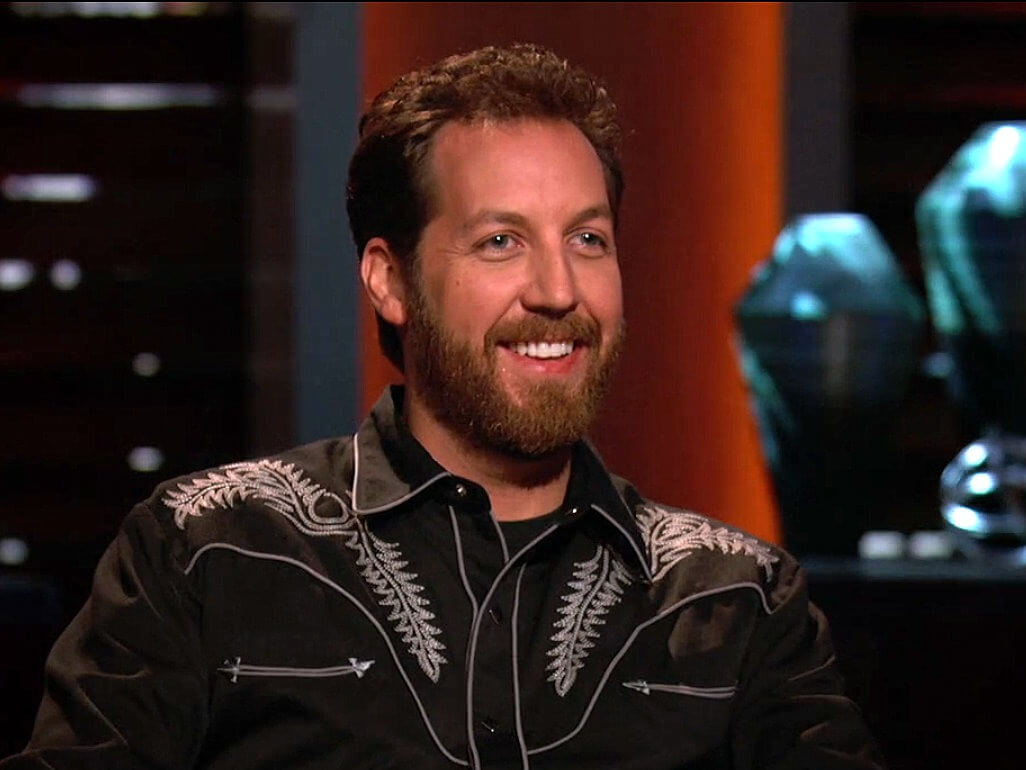Since Former Uber engineer Susan Fowler lifted the lid on Silicon Valley's long rumored sexual harassment problem back in February - a move that ultimately led to CEO Travis Kalanick stepping down - more women in the tech industry have come forward to talk about their similar experiences.
A couple of weeks ago, a report in The Information revealed how half a dozen female tech industry workers had to deal with the unwanted advances of venture capitalist Justin Caldbeck, co-founder and managing partner of Binary Capital.
One of the women, Lindsay Meyer, described how Calbeck would text her constantly, ask why she preferred spending time with her boyfriend rather than with him, and kiss and grope her. "I felt like I had to tolerate it because this is the cost of being a nonwhite female founder," she explained.
After initially denying the claims, Caldbeck took an indefinite leave of absence and issued a statement apologizing for his actions. "It is outrageous and unethical for any person to leverage a position of power in exchange for sexual gain, it is clear to me now that that is exactly what I've done," he wrote.
On Friday, the New York Times published sexual misconduct claims against 500 Startups founder Dave McClure and VC Chris Sacca.
Billionaire Sacca, who is now retired from investing and left the "Shark Tank" show in April, issued an apology just hours before the Times report, admitting that he contributed to making the industry "inhospitable to women." Following the publication of the Times article, Sacca amended his statement to say he disputed the allegation that he touched female entrepreneur Susan Wu's face without her consent at a tech event in 2009.
Dave McClure, cofounder of 500 Startups, was also named in the Times piece. He was accused of sending a female job applicant a Facebook message that read: "I was getting confused figuring out whether to hire you or hit on you."
Shortly after the revelations were printed, 500 Startups announced a previous alteration in its leadership structure and that McClure is "addressing changes in his previous unacceptable behavior."
The Times also writes about start-up adviser Marc Canter, who sent Cinemmerse founder/CEO Wendy Dent increasingly flirtatious messages. In an interview, Canter said that Dent "came on strong to me, asking for help" and that she had used her sexuality publicly. He said the reason for his behavior was because he disliked her ideas and wanted Dent to go away.
